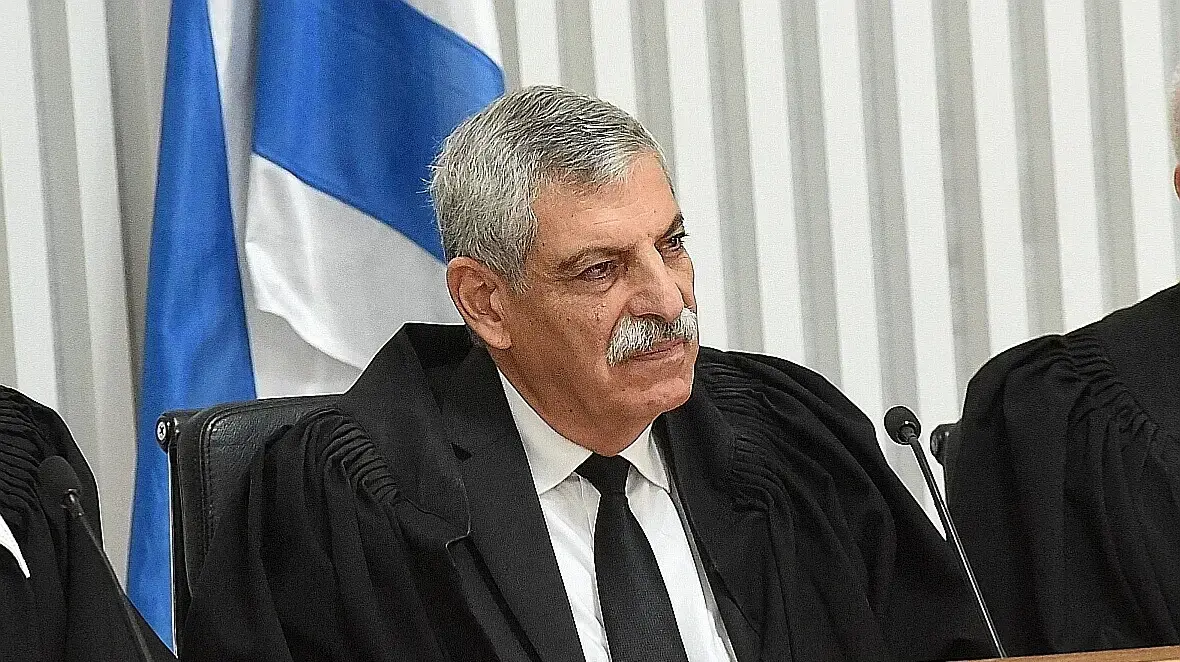Petitions filed against the decision to elect MKs Hauser and Handel as members of the committee were rejected • Supreme Court: It is important to elect a representative from the opposition, but it is not our job to order it
MKs Hauser and Mark. Their presence on the committee will be maintained
Photo:
Gideon Markowitz / Adina Wellman, Spokeswoman for the Knesset
The Supreme Court rejected three petitions seeking the annulment of the Knesset resolution of July 15, in which Knesset members Zvi Hauser and Osnat Mark were elected as Knesset representatives on the Judicial Selection Committee. The basis for their existence is an argument for the existence of a "constitutional custom", which requires the Knesset to elect at least one representative belonging to the opposition factions. The petitions - filed by the Movement for the Quality of Government, Advocate Moshe Shapira and the Guardian of Israeli Democracy - were rejected unanimously.
The ruling states that at the desired level of law, it is important to elect a representative from the opposition to the Judicial Selection Committee, but there is no legal reason to order this. At the level of principle, it was noted that the recognition of the constitutional custom is consistent with life experience and conforms to accepted principles in other legal methods, relevant to the development of constitutional thinking in Israel. Recognition, as stated, is consistent with the assumptions embedded in previous judgments rendered by the Supreme Court.
On the factual level, however, the court held that a look at the conduct of past revenues makes it difficult to point to consistent and uniform practice over decades, which has become a binding practice. In any case, such a practice has not been proven in relation to a parity government.
Finally, it was held that recognition of a constitutional custom does not translate into the possibility of enforcing it by a court order. The approach according to which a constitutional practice cannot be enforced through judicial orders - as opposed to judicial recognition of it in appropriate cases, for needs such as interpretation - is the approach that governs the dome in many other legal systems as well.
All the more so, there is difficulty in enforcing a constitutional practice towards the Knesset, both in principle in the face of the court's restraint and restraint in intervening in Knesset decisions, and on the practical level (considering the characteristics of the decision, such as voting secrecy).
The Movement for Quality of Government responded: "We adhere to the court's ruling on the constitutional practice of electing Knesset representatives to the Judiciary Selection Committee, but bow and respect it. As the Honorable Justice Amit stated: ' However, it should be emphasized that this is the desired law. Judicial independence and the independence of judges are the prerogative of any reformed democratic state. "Justice Baron added: And the committee for the appointment of judges in particular and we intend to work to regulate the matter in legislation as soon as possible. "







/cloudfront-eu-central-1.images.arcpublishing.com/prisa/3FA7JBINXBHONDM2YWR6YAQKVU.jpg)







